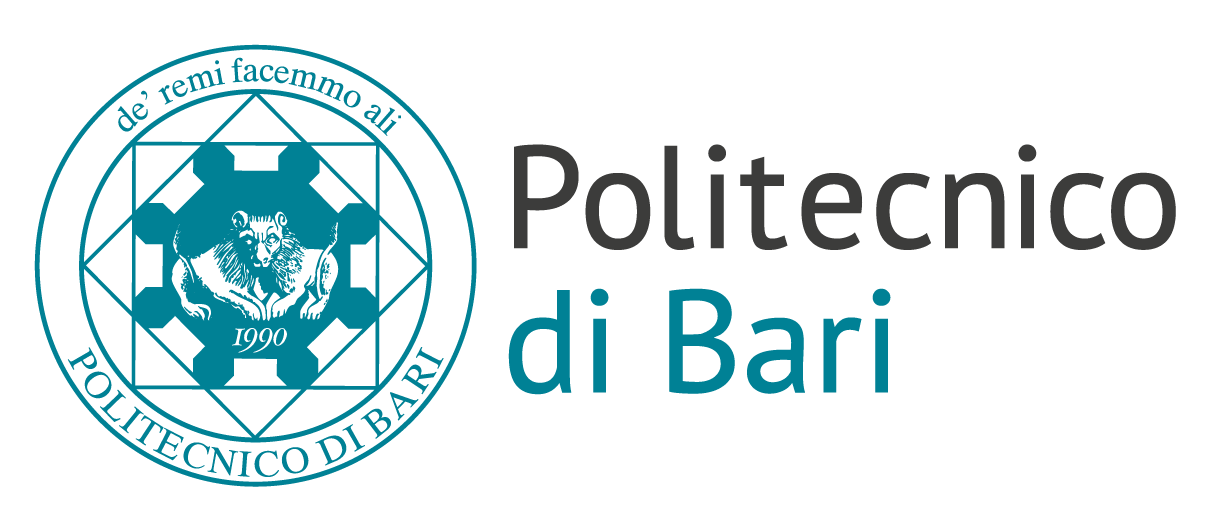Macroscopic adhesion is of utmost importance in key technologies such as soft and climbing robots, aerospace grasping technologies, human-robot interactions, pick-and-place manipulators. Commonly, bioinspired adhesives interfaces have been characterized from a quasi-static perspective, neglecting the effect of dynamic excitations. Nevertheless, recent observations suggest that added microvibrations may be exploited to strongly enhance and rapidly tune macroscopic adhesion. By exploiting the multiplicative coupling between geometric- and viscoelastic vibration-induced enhancements of macroscopic adhesion, SURFACE aims at designing future soft interfaces with unprecedented and tuneable adhesion strength.
To this end, I aim to:
(i) develop highly efficient numerical tools for studying adhesion of patterned soft surfaces under micro-vibration excitation,
(ii) unveil the coupling effect between topography and viscoelasticity that determine the interfacial strength and toughness
(iii) design optimal surface topography and excitation for macroscopic adhesion tuning, by exploiting artificial intelligence models to unveil new mechanisms for adhesion enhancement
(iv) prove the adhesive performance reached, by experimentally testing high-resolution 3D printed interfaces with the desired topography and superposed microvibrations.
So far, the adhesive performance of bioinspired patterned interfaces has been limited by manufacturing capabilities at the micro/nanoscale. SURFACE ground-breaking approach aims at exploiting dynamics excitation to outperform state-of-the-art adhesive interfaces. By exploiting artificial intelligence models, SURFACE aims at revealing new mechanisms for adhesion enhancement, which lay beyond our intuition. Rapidly tuneable strong adhesive interfaces have the potential to revolutionize cutting-edge technologies based on soft adhesive interfaces that require to move and place objects quickly and with accuracy.
Call:
ERC-2021-Starting Grant
Ruolo Politecnico:
Hosting Institution
Responsabile scientifico del Politecnico:
Principal investigator: Prof. Antonio Papangelo
SSD:
ING-IND/14
